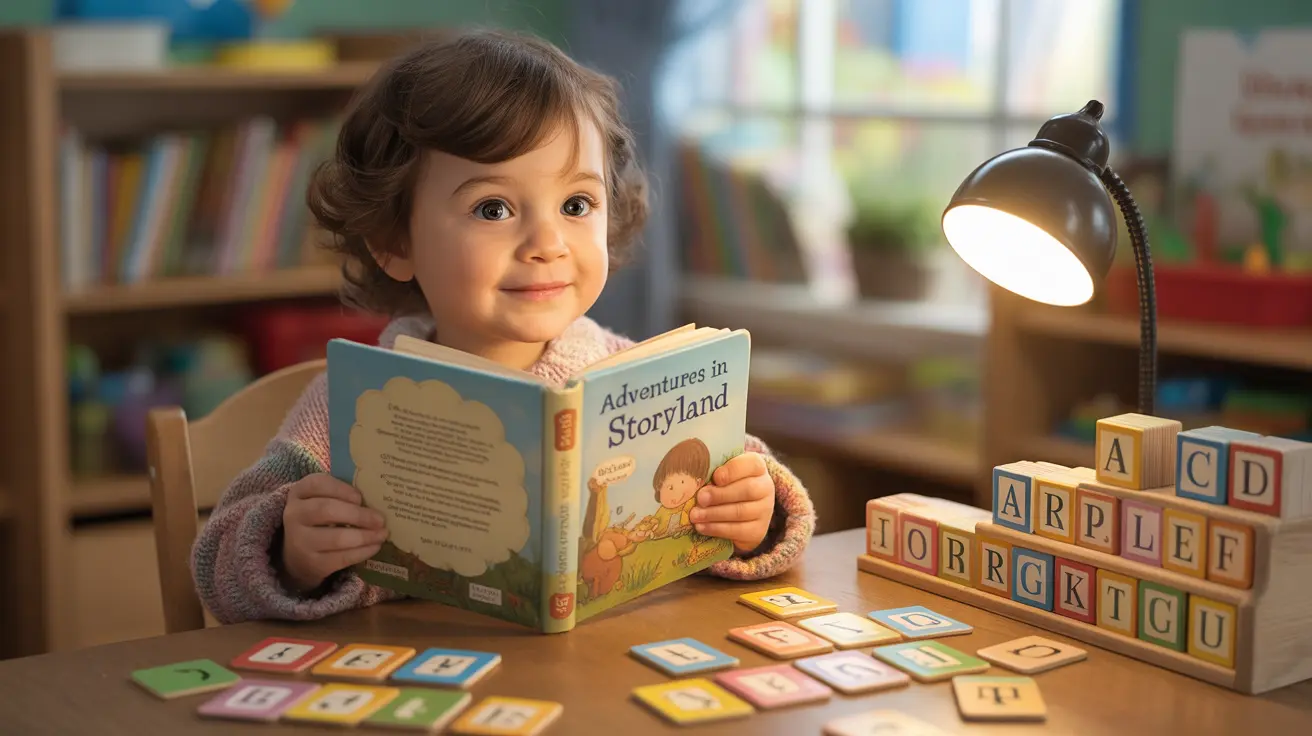Dyslexia is a common learning difference that affects how individuals process written language, impacting reading, writing, and spelling abilities. While it presents unique challenges, understanding its manifestations at different life stages is crucial for early intervention and effective support. This comprehensive guide explores how dyslexia appears throughout development and discusses practical strategies for managing its effects.
Early Signs of Dyslexia in Young Children
Recognizing dyslexia symptoms in preschool and kindergarten-aged children can lead to earlier intervention and better outcomes. Common early indicators include:
- Difficulty learning and remembering letter names
- Struggles with rhyming words
- Delayed speech development
- Problems following multi-step directions
- Difficulty learning to write their name
- Confusion with directional concepts (left/right, up/down)
Parents and educators should note that these signs alone don't necessarily indicate dyslexia, but they warrant professional evaluation when consistently present.
Dyslexia in School-Age Children
Elementary School Challenges
During elementary years, dyslexia symptoms become more apparent as reading and writing demands increase. Students might experience:
- Slow reading pace and difficulty sounding out words
- Consistent spelling errors
- Trouble organizing written work
- Difficulty copying text from books or the board
- Avoidance of reading activities
Middle School Manifestations
As academic requirements become more complex, students may face additional challenges:
- Struggling with reading comprehension
- Difficulty taking notes during lectures
- Problems with time management
- Trouble expressing ideas in writing
- Limited reading fluency despite adequate intelligence
Effective Interventions and Support Strategies
Several evidence-based approaches can help individuals with dyslexia develop stronger literacy skills:
- Multisensory learning techniques
- Structured literacy programs
- Regular one-on-one tutoring
- Assistive technology tools
- Accommodations in educational settings
The most successful interventions are typically individualized and implemented consistently over time.
Adult Dyslexia: Ongoing Challenges and Adaptations
Dyslexia continues into adulthood, though many individuals develop effective coping strategies. Common adult manifestations include:
- Slower reading speed compared to peers
- Difficulty with unfamiliar words
- Challenges with written communication
- Time management struggles
- Strong problem-solving and creative thinking abilities
Breaking Dyslexia Myths and Celebrating Strengths
Understanding dyslexia means recognizing both challenges and strengths. Many individuals with dyslexia demonstrate:
- Exceptional creativity and innovation
- Strong spatial reasoning abilities
- Advanced problem-solving skills
- Entrepreneurial thinking
- Unique perspectives and approaches to challenges
Frequently Asked Questions
What are the early signs and symptoms of dyslexia in preschool and kindergarten children? Early signs include difficulty learning letter names and sounds, struggles with rhyming, delayed speech development, and problems following sequential instructions. Children may also show difficulty learning to write their name and understanding basic directional concepts.
How does dyslexia affect reading and writing skills in elementary and middle school students? In elementary and middle school, students typically show slow reading pace, consistent spelling errors, difficulty with reading comprehension, and struggles with written expression. They may also have trouble taking notes and organizing their thoughts on paper.
What types of educational interventions and treatments are effective for managing dyslexia? Effective interventions include structured literacy programs, multisensory learning approaches, one-on-one tutoring, and assistive technology. Specialized reading programs, such as Orton-Gillingham, have shown particular success when implemented consistently.
Can dyslexia symptoms persist into adulthood, and how do they typically present in adults? Yes, dyslexia is a lifelong condition. Adults with dyslexia often experience continued challenges with reading speed, unfamiliar words, and written communication. However, many develop effective coping strategies and excel in areas requiring creative thinking and problem-solving.
What are common misconceptions about dyslexia, and how can strengths be recognized alongside challenges? Common misconceptions include linking dyslexia to lower intelligence or lack of effort. In reality, individuals with dyslexia often demonstrate above-average intelligence and particular strengths in areas such as creativity, spatial reasoning, and innovative thinking. Recognition of these strengths is crucial for building self-esteem and developing effective learning strategies.




